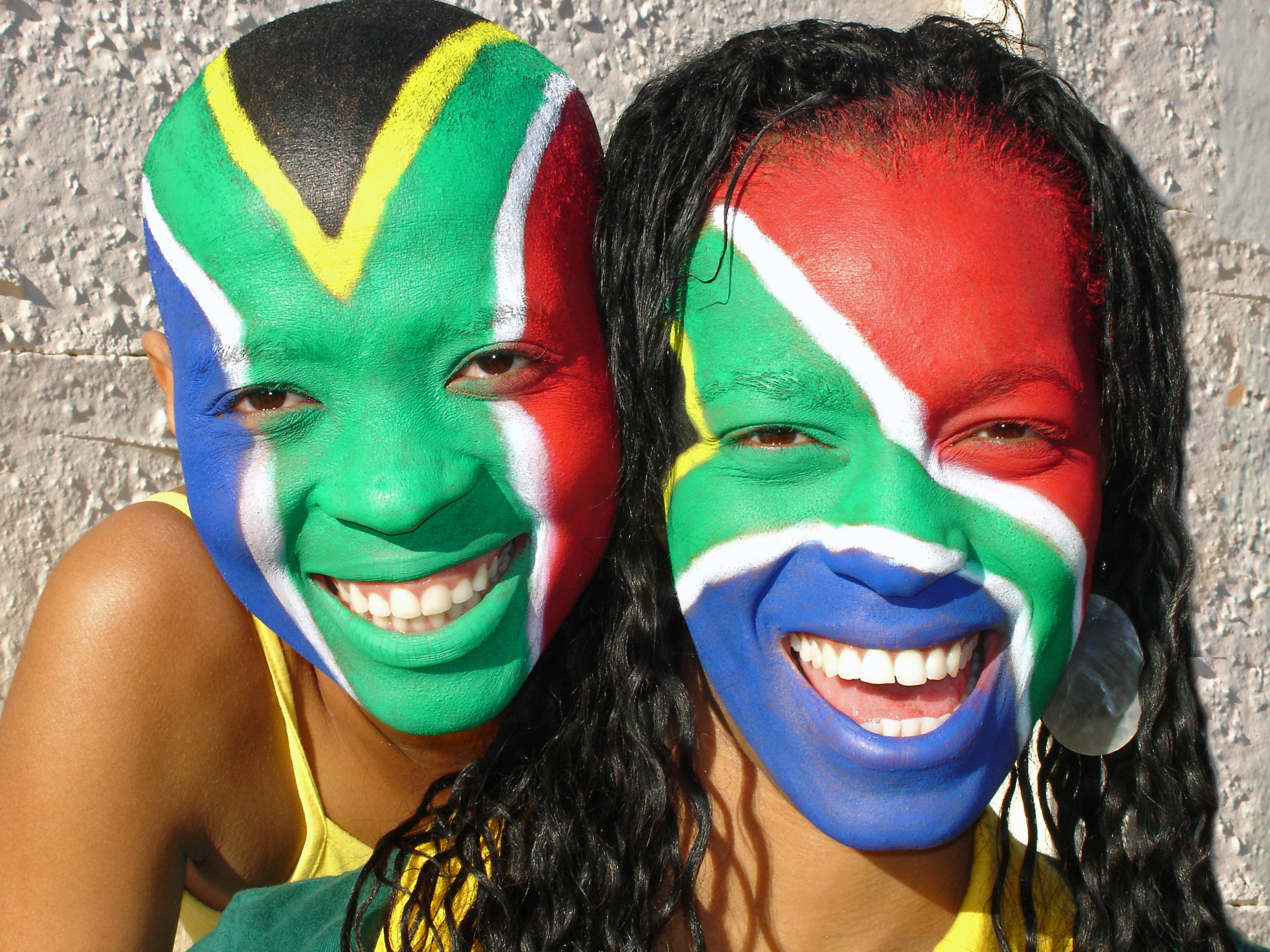Every year on June 16, South Africans across the country celebrate Youth Day. A public holiday dedicated to the education and energy of the young, Youth Day memorializes the students who lost their lives in the 1976 Soweto Uprising. While South Africa’s history is fraught with racial tension, Youth Day serves as a reminder of how far the country has come.
First colonized by the Dutch in the 1600s, South Africa rapidly became a valuable commodity due to its control of shipping lanes around the southern tip of the African continent. English settlers followed and soon began warring with the Dutch, while the native black Africans were pushed away and marginalized. The victorious English governed the country, which was more or less divided into a white upper class and a black lower one. Thus began apartheid, the system of oppression that lasted until 1994.
In 1974, the government mandated that all school instruction must be in at least 50 percent Afrikaans. Spoken natively by the descendants of the Dutch colonizers, Afrikaans, for many, was a language of oppression. To mandate instruction in the language of apartheid was a step too far, and students rallied in protest.
On June 16, 1976, rather than attend morning prayer, thousands of secondary school students marched on Orlando Stadium in Soweto. What began as a peaceful protest turned violent when police released their dogs on the crowds and opened fire. The violence escalated, buildings burned and hundreds were killed. It’s estimated that more than a thousand were wounded. A photograph of a young man carrying the body of 13-year-old Hector Pieterson, shot and killed during the chaos, made international news.
The Soweto Uprising was perhaps the first domino to fall in the long collapse of apartheid. From the violence arose the African National Congress, or ANC, which channeled the efforts of thousands of South Africans into ending apartheid. The party of Mandela, the ANC has governed the country since the first democratic election in 1994. The uprising also focused an international spotlight on the injustices and played a part in the invocation of a series of economic sanctions placed on South Africa by other nations.
This year, I was in South Africa on June 16. Our contact in the country, whose name has been withheld from this article at his request, participated in Soweto Uprising himself as a sprightly 20-year-old. An ANC affiliate, he found himself in exile for the next 14 years. Forty years after the Soweto Uprising, he is now much less of a fiery revolutionary and instead a sage, thoughtful man tempered with the perspective of many years of slow progress. To him, Youth Day is important.
While South Africa still has problems to iron out, the events of June 16, 1976 speak to how far the country has come and to the power of organized youth. Today, the country has 11 official languages and students may elect for instruction in their home languages when possible. Language has power, and on Youth Day, South Africans recognize the voice of the young generation.
Jack Siglin is a Senior physiology and neurobiology major. He can be reached at jsiglindbk@gmail.com.



